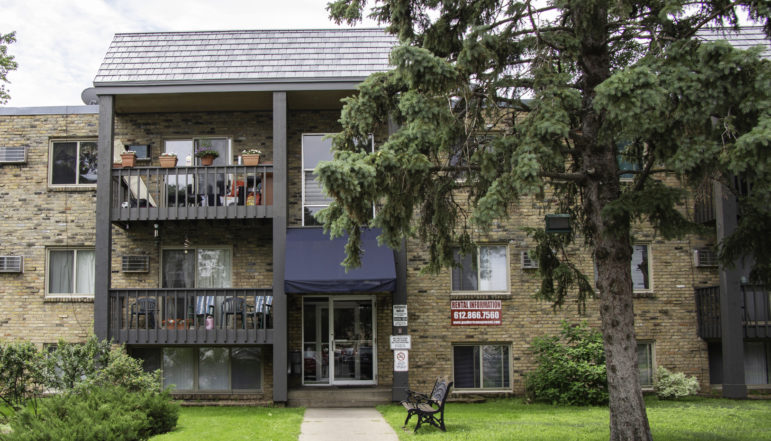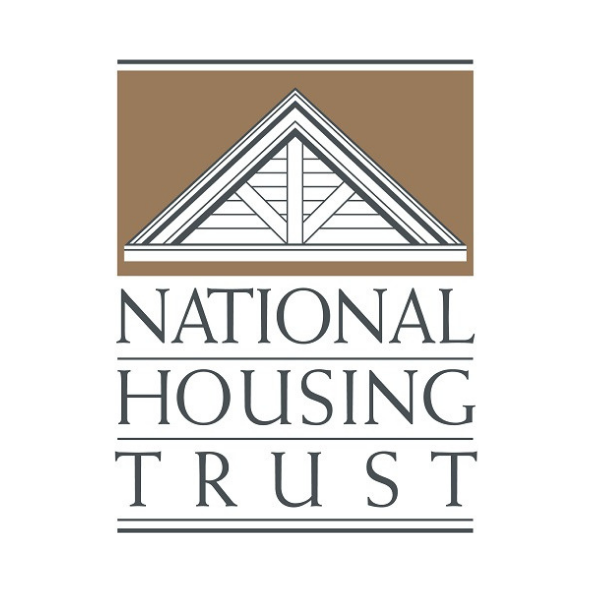Why Community Development Block Grant (CDBG) Funds Should Support Housing Assistance Programs


On April 8th, 2020, the federal government began releasing Community Development Block Grant (CDBG) funds provided by the federal Coronavirus Aid, Relief, and Economic Security (CARES) act. CDBG funds are provided to both state governments and directly to some local governments to be used to improve housing, living environments, and economic opportunities, principally for persons with low and moderate incomes. State and local officials should prioritize the use of CDBG funds to provide housing assistance, including assistance for rent payments, mortgage payments, and utility expenses, to ensure that impacted families can remain stably housed during and after the COVID-19 crisis.
Renters need immediate relief for rent payments amid the COVID-19 crisis. Renters have lower incomes and savings and have greater difficulty in paying for their housing costs, making them particularly vulnerable to economic shocks[1]. According to the National Multifamily Housing Council, nearly one-third of renters were unable to pay their rent in April[2]. The National Low Income Housing Coalition estimates that the number of extremely- and very-low-income renters who pay more than 50% of their income on rent will increase by nearly 20% as a result of the COVID-19 economic crisis[3].
Rental assistance programs in particular are critical to maintain stable housing for under-resourced households. Using CDBG funds to create new or supplement existing rental assistance programs will have multiple benefits:
- Rental assistance is a necessary complement to eviction moratoriums. Eviction moratoriums do not eliminate the obligation to pay rent. Unless relief is provided, renters who are impacted by the economic downturn and unable to pay back rents risk being evicted when the moratoriums expire.
- Rental assistance helps to ensure that rental housing owners can continue to operate their buildings safely. Many affordable rental units are in buildings that do not generate enough operating revenue to withstand a sudden loss of income. Deferred maintenance could put renters at risk and lead to a loss of much needed affordable housing.
- Rental assistance will benefit the local economy. Providing relief to renters will help them stretch their limited income so they can afford other essential household needs. Helping building owners to maintain their properties allows them to continue to employ their staff and purchase local goods and services.
- Rental assistance will protect renters in need who do not currently receive federal rental subsidies. Only 25% of renters who are in need of rental assistance currently receive it through federal housing programs. Tens of millions of renters living in naturally occurring affordable housing do not currently benefit from any rent subsidies.
More than 16 million Americans filed for unemployment over the past three weeks. At a time when Americans are being ordered to stay home, a person’s immediate and devastating loss of income cannot be allowed to increase their risk of displacement. Rental assistance to families and individuals is needed now.
- Search here for funding allocation information provided by NLIHC.[4]
- For additional information, please contact Annika (Brink) Brindel at abrindel@nhtinc.org
Signed,
Aeon
Alliance Housing Inc.
Catholic Charities of St. Paul and Minneapolis
Community Stabilization Project
Family Housing Fund
Fresh Energy
Housing Justice Center
Inquilinxs Unidxs por Justicia
Metropolitan Interfaith Council on Affordable Housing (MICAH)
Midwest Energy Efficiency Alliance
Minnesota Housing Partnership
NAACP – Saint Paul
National Housing Trust
Natural Resources Defense Council
New American Development Centre
Project for Pride in Living
Redeemer Center for Life
The Arc Minnesota
Twin Cities Housing Development Corporation
[2] https://www.nmhc.org/research-insight/nmhc-rent-payment-tracker/
[4] See also: https://nlihc.org/sites/default/files/Housing-Instability-and-Homelessness_Cares-Act.pdf
